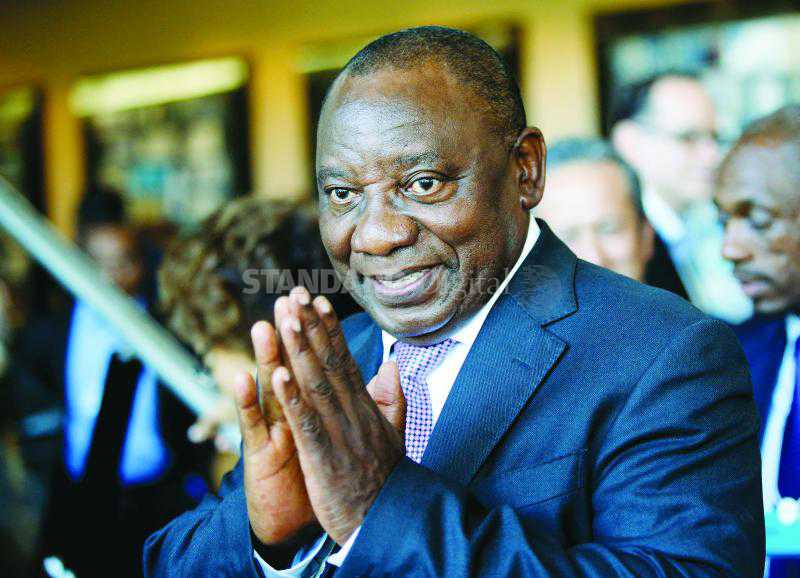×
The Standard e-Paper
Smart Minds Choose Us

After weeks of tortuous discussions, Cyril Ramaphosa has fulfilled his long-held ambition to lead South Africa.
A shrewd negotiator who has been Jacob Zuma's deputy since 2014, Ramaphosa has been the country's dominant politician since he replaced his boss as leader of the ruling African National Congress (ANC) in December.